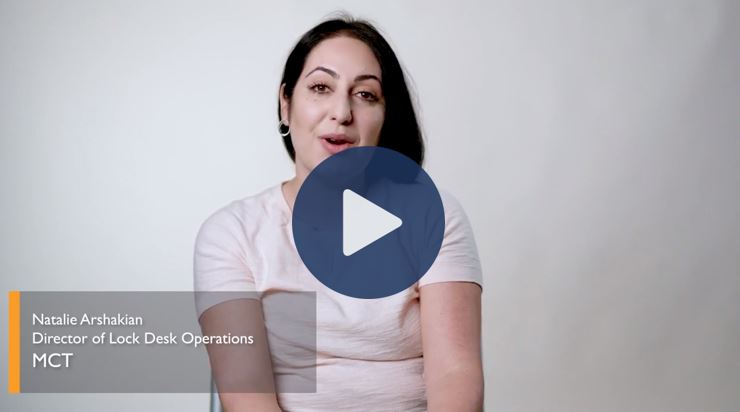Modeling the intricate relationship between endogenous and exogenous factors that contribute to MSRs is a full-time job!
That’s why MCT’s MSR Services division is dedicated to sorting through all of the MSR calculations for which mortgage professionals simply do not have the time or interest.
In this latest servicing insights volume, we will give you an insiders look of how MCT’s multidimensional Aggregated Structural Equations (ASE) model help us to perceive the relationships between different market interest rates as well as other impactful variables. This discussion will include key variables that affect MSRs, the theory behind their interactions, and why we believe MCT’s approach is more robust than other models.

This note is the eighth in a continuing series focusing on particular aspects of mortgage servicing valuation and modeling. The series discusses issues such as delinquencies, prepayments, yields, risks vs. dynamic risks, MSR hedging, and how an analyst of servicing ought to approach these issues.
We will be focusing on the note “Servicing Insights Volume 8 – The Aggregated Structural Equations (ASE) Model – Part 1” which explains the functionality of the ASE model, while pointing the way to further MSR risk management analysis.
Servicing Insights & Strategies for Success
The series explains detailed aspects of servicing valuation & modeling for experienced mortgage bankers.
These strategies are defined by our industry veteran and author of the Servicing Insights series, Phil Laren. We are proud to make the insights from our servicing and modeling expert available through the Servicing Insights Series. Phil Laren leads the MSR services group at MCT, which provides robust software, consulting, and valuation solutions.
We are dedicated to sharing seasoned insights and strategies for success with mortgage professionals everywhere.
The Intricate Relationships of MSR Valuation and Risk
In this volume, we discuss utilizing a holistic perspective to viewing MSRs, as each MSR has it’s own unique characteristics and there are so many moving factors to calculate in determining value and risk of MSRs.
Servicing Insights Volume 8 will explore why there is so much controversy about the “best” MSR modeling methodology to use. The model we will compare and contrast to MCT’s Aggregated Structural Equations (ASE) model will be the Option-Adjusted Spread or OAS. We hope that by providing a fun and contextual explanation for the theory behind models that you may understand the complex considerations that go into valuing and assessing risk of MSRs.
Download Servicing Insights Vol. 8
“The four endogenous variables we will use to determine MSR values are the primary (consumer) mortgage rate (for prepayment risk), the five-year swap rate (for escrow earning), the 2/10 swap spread (for ARM and 15-year migration), and the MSR yield (to quantify the risk and discount the cash flows).” – Excerpt from Servicing Insights Vol. 8
About The Author – Phil Laren
Phil Laren has 29 years experience in all aspects of servicing, modeling, pricing, trading, negotiating, hedging, risk analysis, accounting analysis and operations.
He created MSRlive!, our newly launched mortgage servicing software, based on the same Desktop Servicing Model that has helped countless Mortgage Banking professionals make the right decisions in their servicing valuations.
Read Servicing Insights Vol. 8 – The Aggregated Structural Equations (ASE) Model – An Alternative View of Value and Risk – Part 1
We hope that this series of Servicing Insights will give you the assurance as a professional to weigh your risks and inform your judgments while managing your MSR portfolio.
By utilizing these valuable and practical insights, you can look forward to a measurable difference in the certainty of your servicing decisions that will impact your bottom line directly. Download, read, and learn more from our experts.
Download Servicing Insights Vol. 8
Let us know what you think in the comments!
Related Articles
- Servicing Insights Vol. 1 – Foreclosure Costs in Servicing Valuation
- Servicing Insights Vol. 2 – Late Fee Revenue In Servicing Valuation
- Servicing Insights Vol. 3 – Prepayments in Servicing Valuation
- Servicing Insights Vol. 4 – Appropriate Discounting Methodology
- Servicing Insights Vol. 5 – Yield & Arbitrage Theory
- Servicing Insights Vol. 6 – Tax & Insurance Escrows: Calculation & Impact on Servicing Values
- Servicing Insights Vol. 7 – Intro to Hedging a MSR Portfolio



